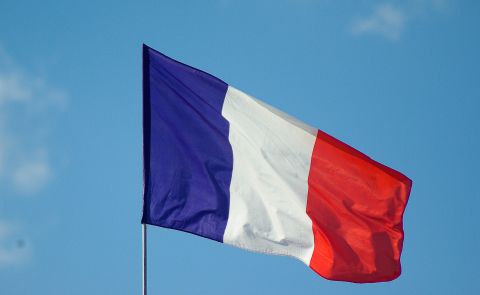
Nagorno-Karabakh: Putin’s interview, Turkish parliament approves sending troops to Azerbaijan
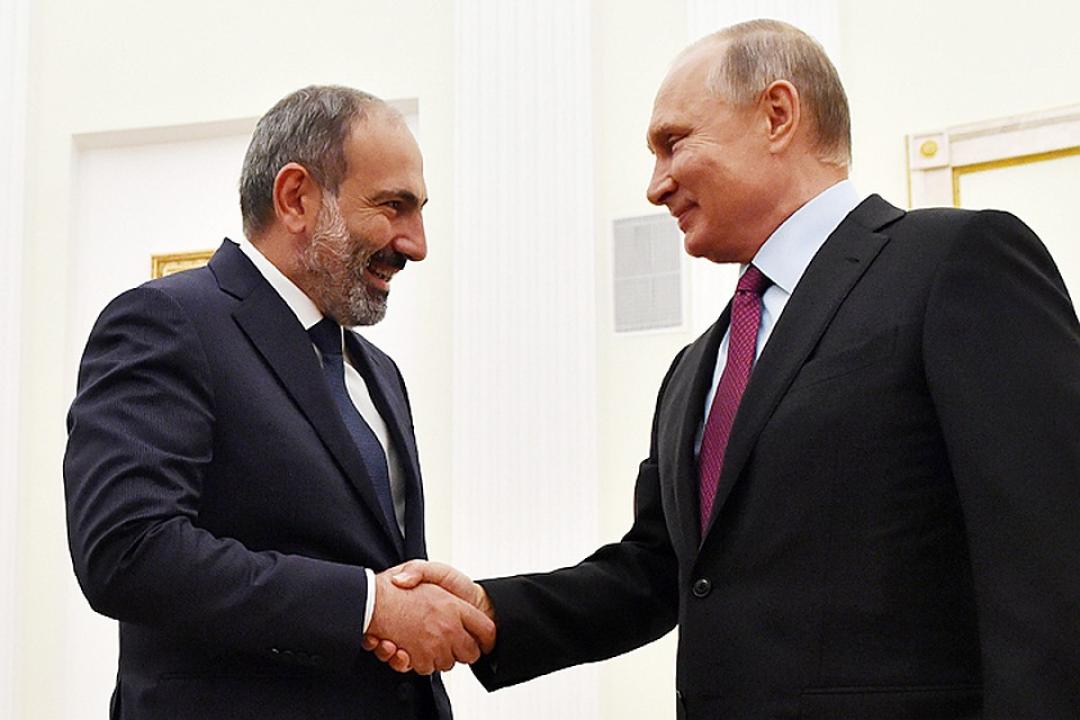
On 17 November, the Turkish parliament approved the decree from President Recep Tayyip Erdogan to send troops to Azerbaijan for a period of one year.
Russia's Deputy Foreign Minister Andrei Rudenko said that Turkey's sending of troops was Ankara’s sovereign decision. “It is probably connected with the presence of Turkish troops in the peacekeeping centre together with Russian servicemen who will be in charge of the technical monitoring of the situation in connection with the implementation of the agreement,” he said. He also noted that the issue of increasing the number of peacekeeping troops in Nagorno-Karabakh was not on the agenda. Rudenko also expressed his hopes that Baku's refusal to discuss the special status of Nagorno-Karabakh would not provoke a new wave of conflict in the region.
Russia’s President Vladimir Putin held an extensive interview with Russian state television regarding the territory. He stated that it would be “suicidal” for the Armenian government to back out of the agreement. He also defended Armenia’s Prime Minister Nikol Pashinyan, saying that the accusations against Pashinyan on betraying Armenia’s interests were unfounded.
The Russian President said that in October he persuaded Azerbaijan’s President Ilham Aliyev to end hostilities in Karabakh and to return the refugees to the city of Shusha, but that Pashinyan opposed this idea. “But, unexpectedly for me, the position of our Armenian partners was formulated in such a way that it is unacceptable for them. And Prime Minister Pashinyan told me directly that he sees this as a threat to the interests of Armenia and Karabakh. Now it is not very clear to me what this threat would have been, bearing in mind that the return of civilians was supposed while maintaining control from the Armenian side over this part of the territory of Karabakh, including Shusha, and bearing in mind the presence of our peacekeepers, about which we agreed already then with Armenia and Azerbaijan,” Putin elaborated.
Putin also admitted that he did not agree to the participation of the Turkish military in the peacekeeping operation, explaining that the Armenian’s “historical memory” of the Turks reminds them of genocide. However, he stated Turkey did not violate international law by supporting Azerbaijan in the conflict. He said that Russia and Turkey often have different positions but have been able to reach compromises through diplomatic means.
He praised the US and France for their role in the Nagorno-Karabakh settlement, saying the Minsk Group Co-Chairs have no reason to be offended over not being involved in the final agreements. Putin added that the US and France could not be included in the negotiations of the final agreement because the fall of Karabakh was a matter of hours and demanded urgent steps, leaving no time for additional consultations in the framework of the Minsk Group.
The Azerbaijani Ministry of Foreign Affairs responded to Putin’s interview, saying that it agreed with the outed statements. The ministry emphasised that of particular importance were Putin’s statements, that from the view of international law, both Nagorno-Karabakh and all adjacent regions are an integral part of the territory of Azerbaijan.
Azerbaijan’s opposition also assessed Putin’s interview. The leader of the Republican Alternative (ReAl) party Ilgar Mammadov said that it would be possible to assess Putin’s position only after 1 December. The leader of the Musavat party Arif Hajili said that Putin has recognised some realities, but that his words of Russia’s role in the conflict “did not quite reflect the reality.” “The war was stopped not as a result of the introduction of peacekeepers, but because of Armenia's inability to continue military operations. The Armenian army was defeated,” he stated.
In the meantime, Azerbaijan’s President Ilham Aliyev announced he started laying the foundation for the Fuzuli-Shusha highway. It was also reported that contracts have been signed for drilling operations at gold deposits in Zangilan, Vezhnali, and Kalbajar regions.
The European Union (EU) has voiced its support for further reconstruction and construction work in the Nagorno-Karabakh region. The expert of the EU Commission for Humanitarian Aid Operations and European Civil Protection Nicholas Howarth said that the mission will examine the needs of IDPs and civilians affected by the war and determine how the EU will support these families. The US Secretary of State Mike Pompeo also said that the US would provide $5 million in humanitarian assistance to support the operations of the International Committee of the Red Cross and other international and non-governmental organisation partners to assist people affected by the war.
See Also

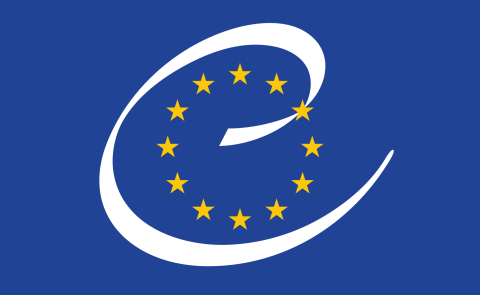
Armenia Strengthens Ties with Council of Europe
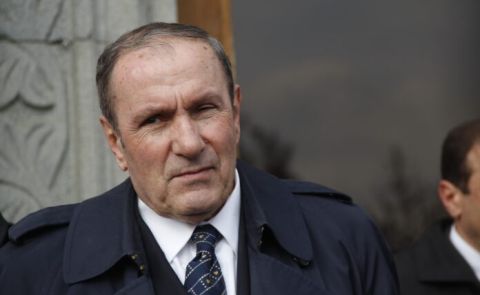
Former Armenian President Labels Pashinyan a Traitor and Blasphemer
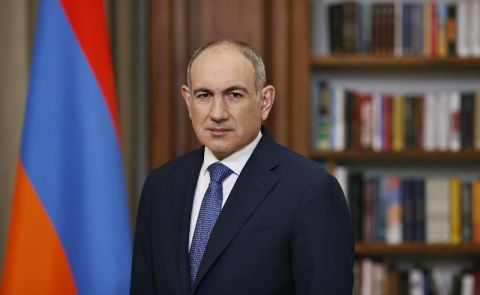
Pashinyan Addresses Key Issues on Church, National Future, and Fund Allegations
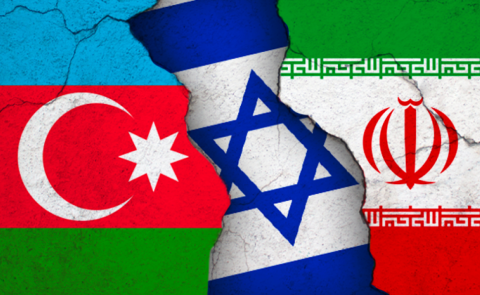
Azerbaijan Calls for 'Dialogue and Diplomatic Resolution' Between Israel and Iran
